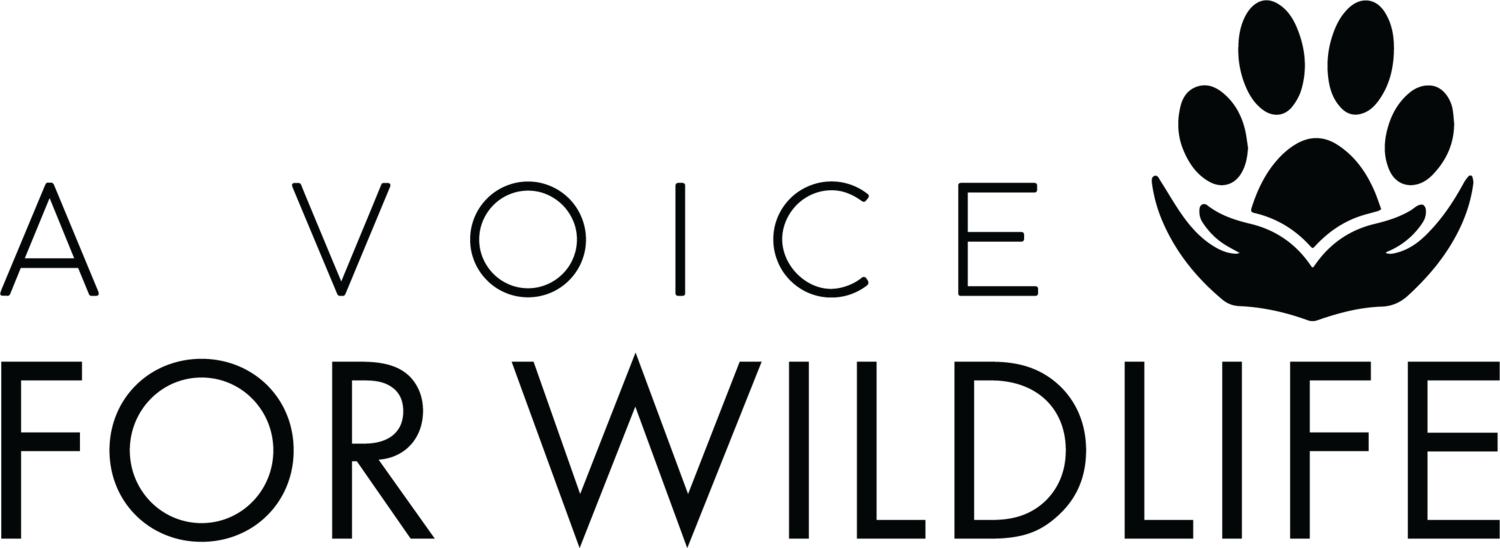One of the most troubling aspects of canned hunting is its sheer cruelty
and disregard for the intrinsic value of life. These majestic creatures, robbed
of their natural habitats and instincts, are reduced to nothing more than
targets for the pleasure and ego of hunters seeking an easy kill. The hunt
itself is devoid of any semblance of sportsmanship or ethical hunting
principles, as the animals are confined within fenced enclosures, leaving
them defenseless against the hunter’s weapon.
Furthermore, canned hunting perpetuates a cycle of exploitation and
suffering. The breeding and commodification of these animals for profit not
only perpetuates their captivity but also fuels the demand for more captive-
bred specimens to be exploited in the same manner. This creates a vicious
cycle of supply and demand, with unscrupulous individuals profiting at the
expense of innocent lives.
In addition to its ethical implications, canned hunting also poses significant
threats to conservation efforts and the long-term survival of wild
populations. By devaluing the lives of these animals and perpetuating the
notion that they exist solely for human entertainment, canned hunting
undermines conservation initiatives aimed at protecting and preserving
vulnerable species in their natural habitats.
In conclusion, canned hunting represents a despicable form of exploitation
and cruelty that has no place in a civilized society. It is incumbent upon us
to condemn and combat this abhorrent practice through education,
advocacy, and legislation. Only by standing together in defense of wildlife
can we hope to put an end to the senseless suffering inflicted upon these
magnificent creatures.
Canned hunting, a practice as controversial as it is unethical, stands as a
stark reminder of humanity’s dark side in its treatment of wildlife. This
insidious industry involves the breeding and raising of captive-bred
animals, typically lions, for the sole purpose of being hunted in confined
enclosures by paying customers. The animals, often hand-raised and
habituated to human presence, have little chance of escape or survival,
making the hunt a mere execution rather than a fair chase.
One of the most troubling aspects of canned hunting is its sheer cruelty
and disregard for the intrinsic value of life. These majestic creatures, robbed
of their natural habitats and instincts, are reduced to nothing more than
targets for the pleasure and ego of hunters seeking an easy kill. The hunt
itself is devoid of any semblance of sportsmanship or ethical hunting
principles, as the animals are confined within fenced enclosures, leaving
them defenseless against the hunter’s weapon.
Furthermore, canned hunting perpetuates a cycle of exploitation and
suffering. The breeding and commodification of these animals for profit not
only perpetuates their captivity but also fuels the demand for more captive-
bred specimens to be exploited in the same manner. This creates a vicious
cycle of supply and demand, with unscrupulous individuals profiting at the
expense of innocent lives.
In addition to its ethical implications, canned hunting also poses significant
threats to conservation efforts and the long-term survival of wild
populations. By devaluing the lives of these animals and perpetuating the
notion that they exist solely for human entertainment, canned hunting
undermines conservation initiatives med at protecting and preserving
vulnerable species in their natural habitats.



